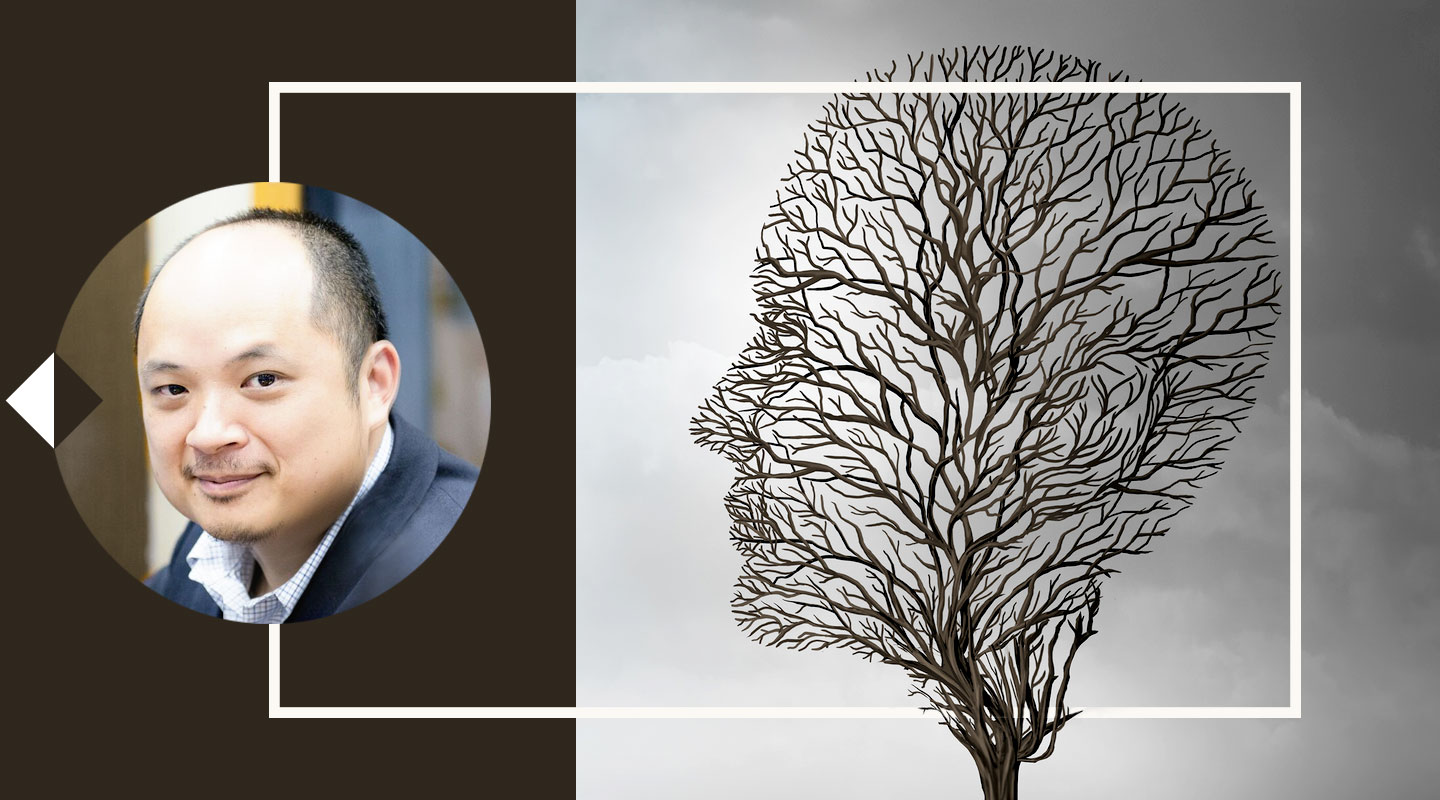Dear readers, With the launch of e-newsletter CUHK in Focus, CUHKUPDates has retired and this site will no longer be updated. To stay abreast of the University’s latest news, please go to https://focus.cuhk.edu.hk. Thank you.
About Anxiety

According to The Hong Kong Mental Morbidity Survey 2010–2013 published by CUHK’s Department of Psychiatry and the Food and Health Bureau, common mental disorders (such as anxiety disorder and depression) were found in 13.3% of the adult population. Generalized anxiety disorder (GAD) was the second most common disorder (4.2%), following mixed anxiety and depressive disorder.
A person with GAD has lasting and excessive worries about a number of things but the worries are without a rational base. Dr. Arthur Mak, assistant professor of the Department of Psychiatry, Faculty of Medicine, compared a GAD patient to ‘a healthy and top-performing student worrying that he would fall behind in class and suffer from serious illnesses.’ The patients would also develop a number of symptoms such as insomnia, inability to concentrate, fatigue, and muscle tenseness.
There are many causes of anxiety disorder. For example, around one third of the patients have a family history. Traumatic experience in childhood, brushes with disasters, relationship with primary caretakers, and the experience of being bullied also contribute to GAD. Unlike social anxiety disorder which finds easy prey in teenagers, the morbidity rate of GAD increases with age. ‘The longer one lives, the more complexities and difficulties one has to deal with in life. Some may become more vulnerable to anxiety with the fair wear and tear of time,’ Dr. Mak explained.
Aerobic exercises including yoga and tai chi could reduce stress and thus lower the risk of developing anxiety. Once diagnosed, less severe patients can receive cognitive behavioural therapy. Selective serotonin reuptake inhibitors have proved safe and effective against anxiety.
In case someone near you suffers from GAD, be considerate and avoid saying things like ‘Take it easy.’ When people are already gripped by anxiety, asking them not to worry may make them feel they are not understood or accepted. We all differ in our stress tolerance level and habit of thinking. To care for someone we value is to be empathetic.
M. Mak
This article was originally published in No. 524, Newsletter in Oct 2018.